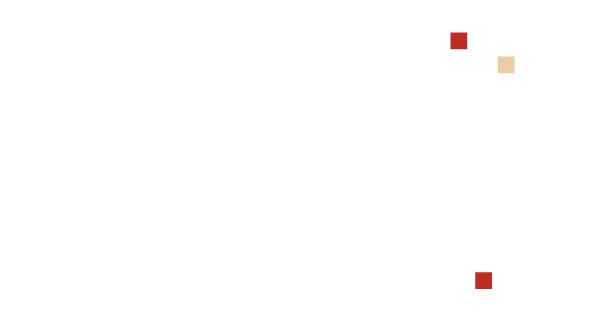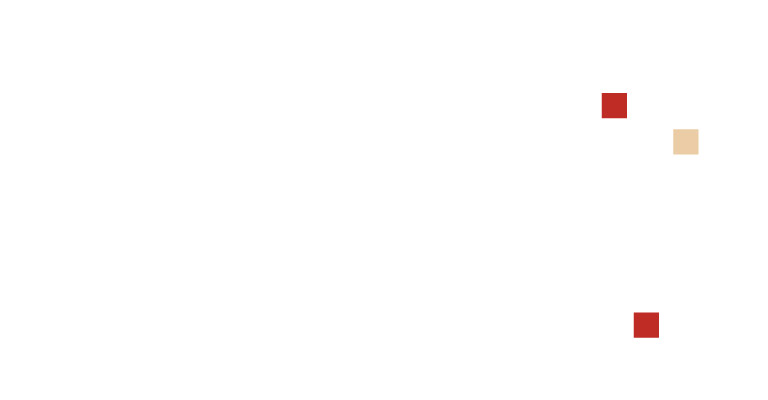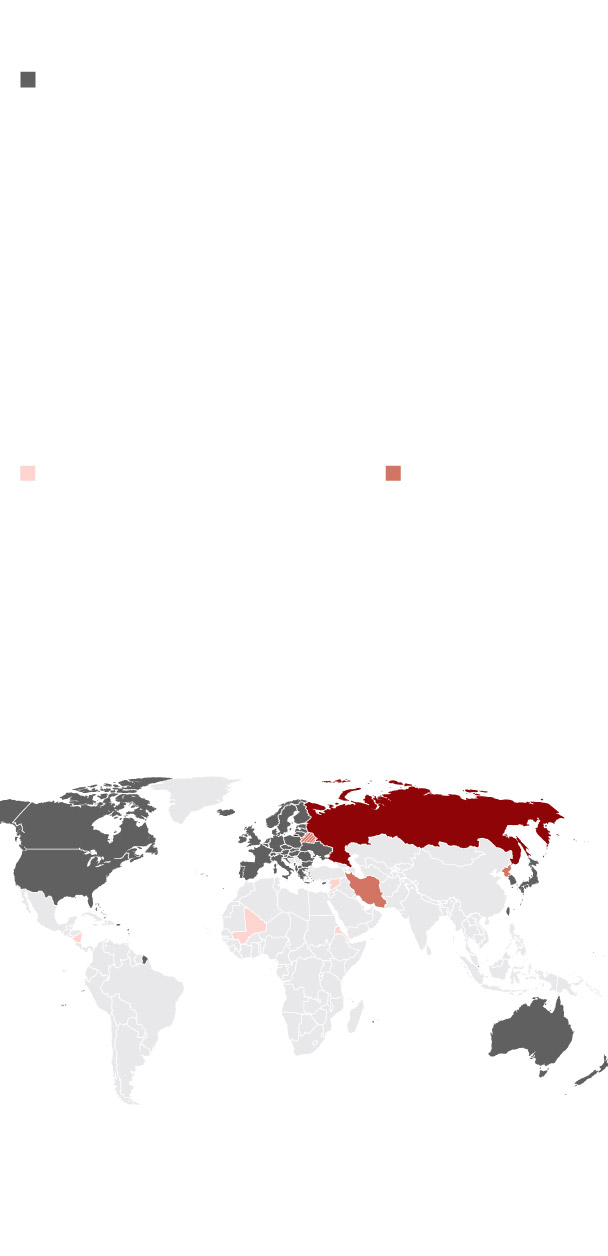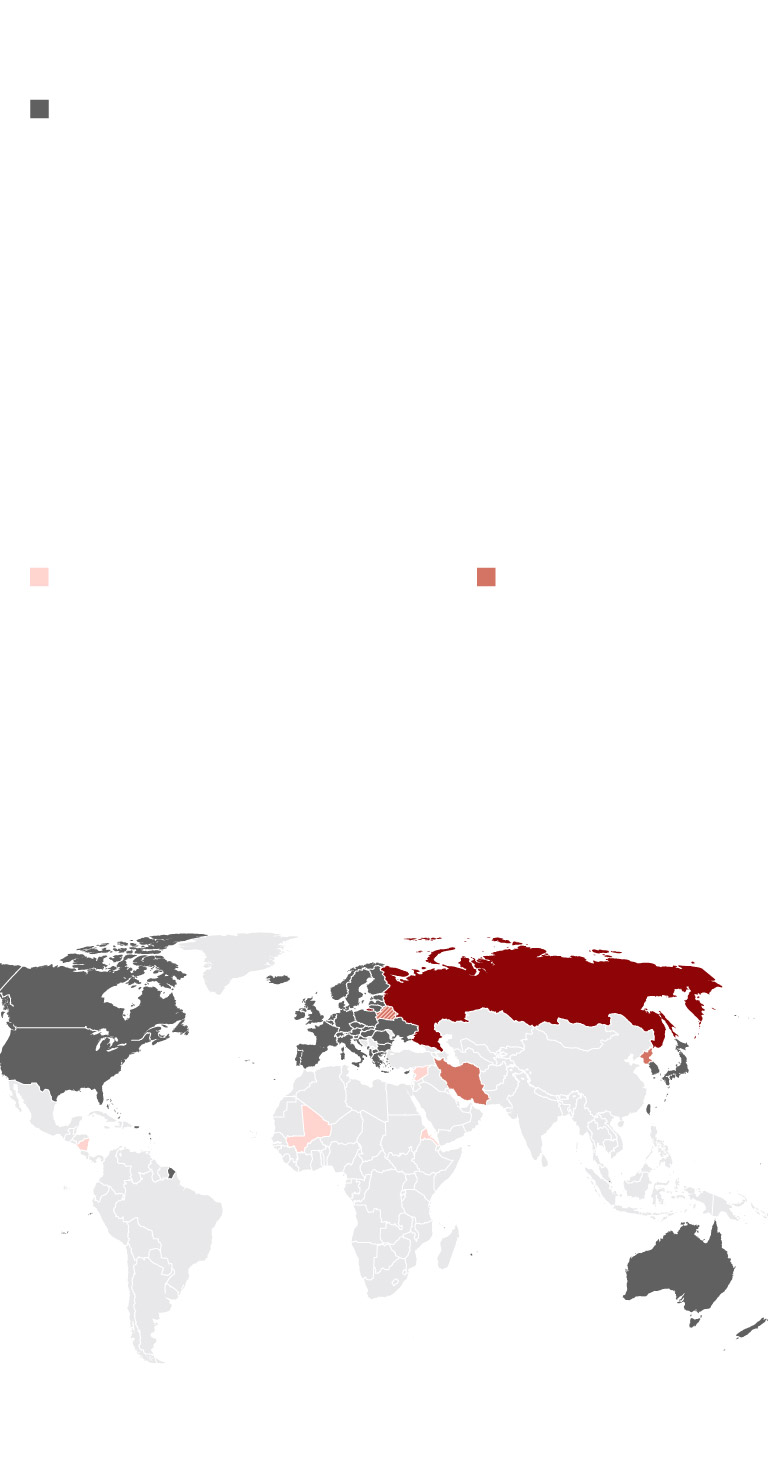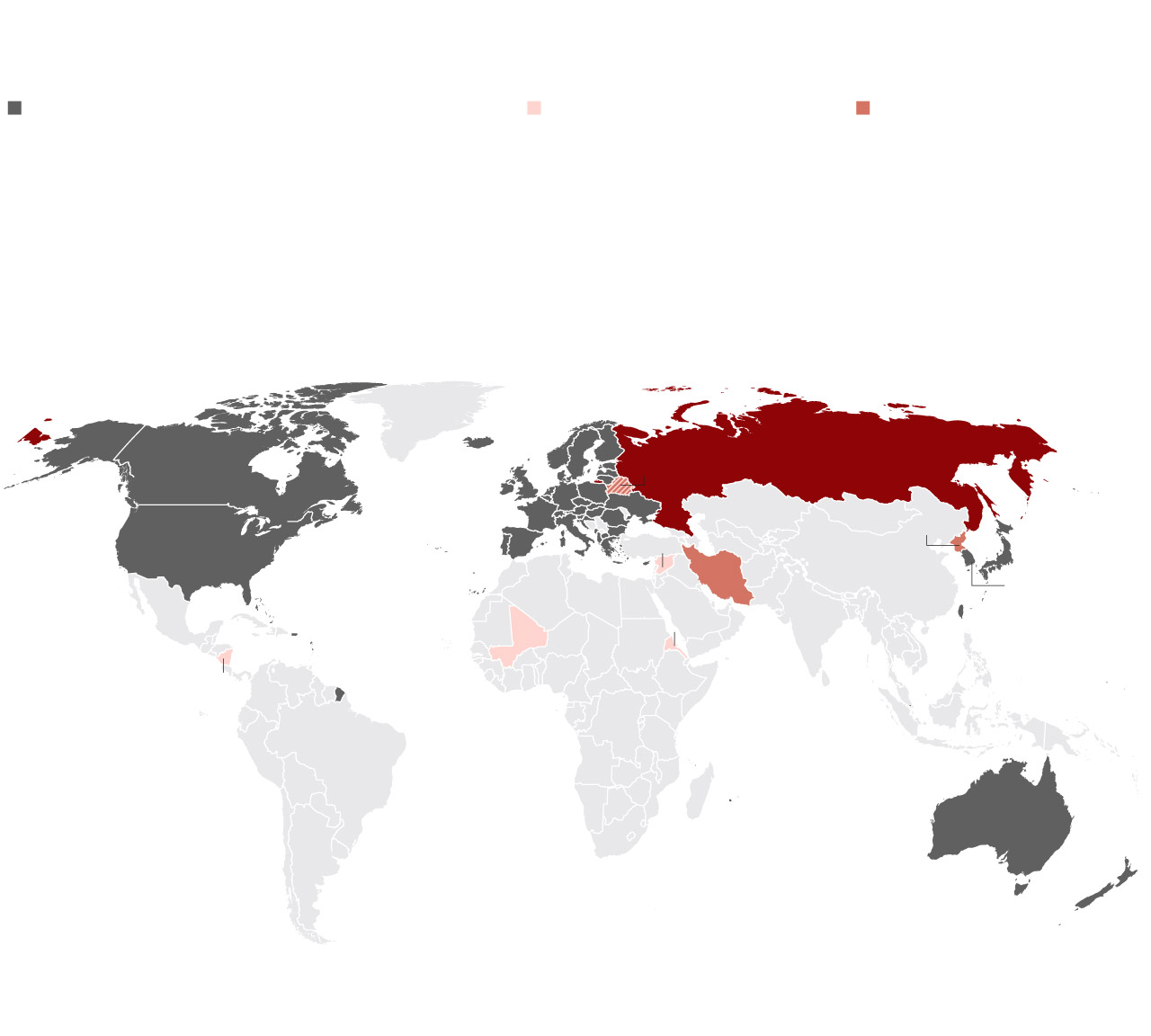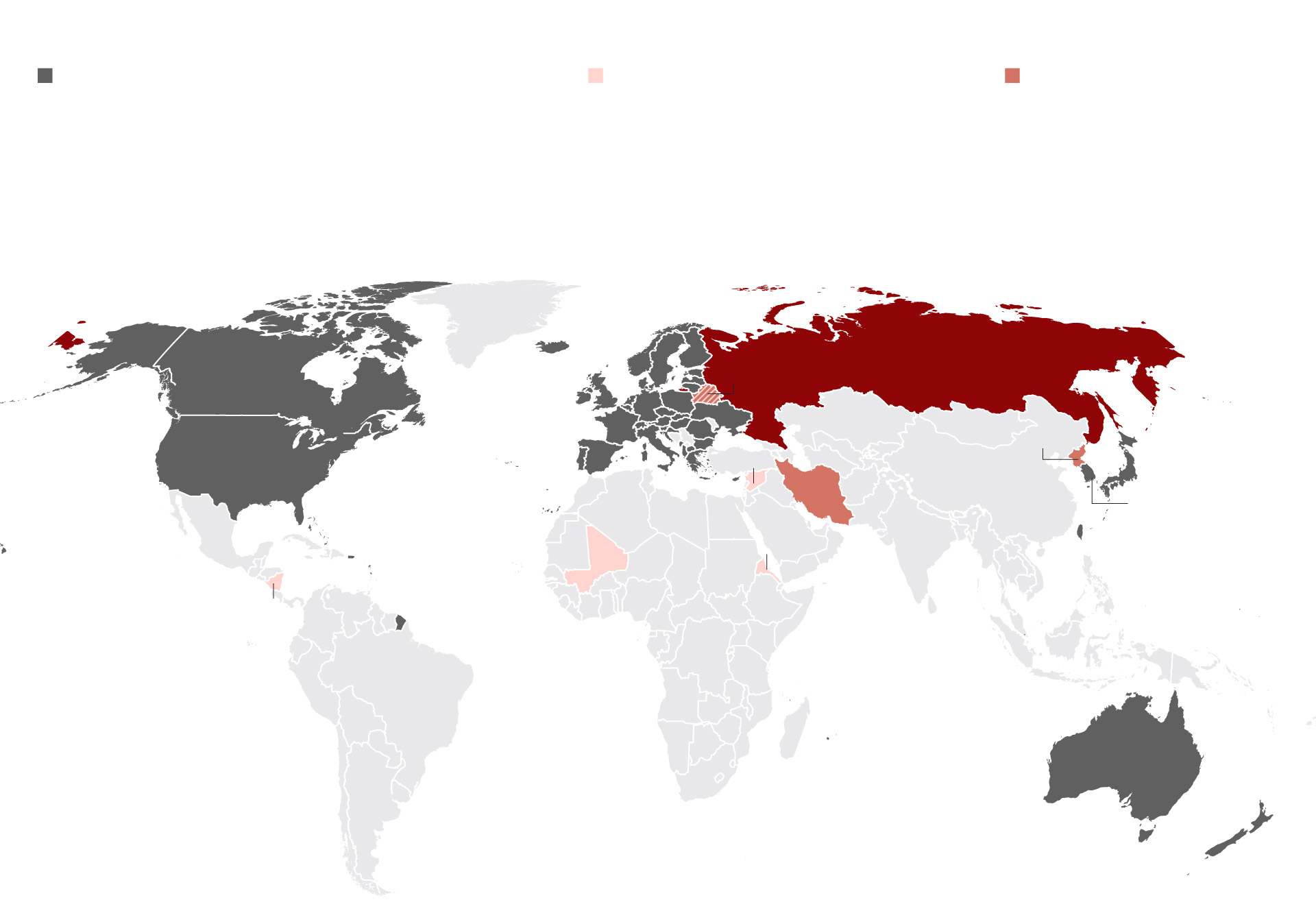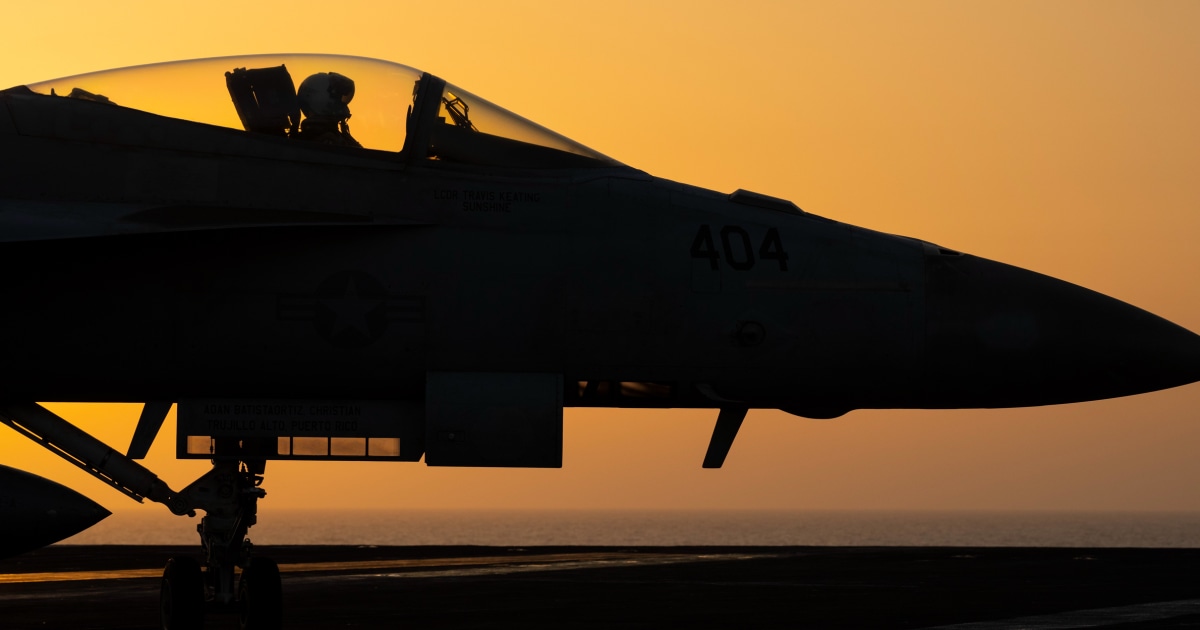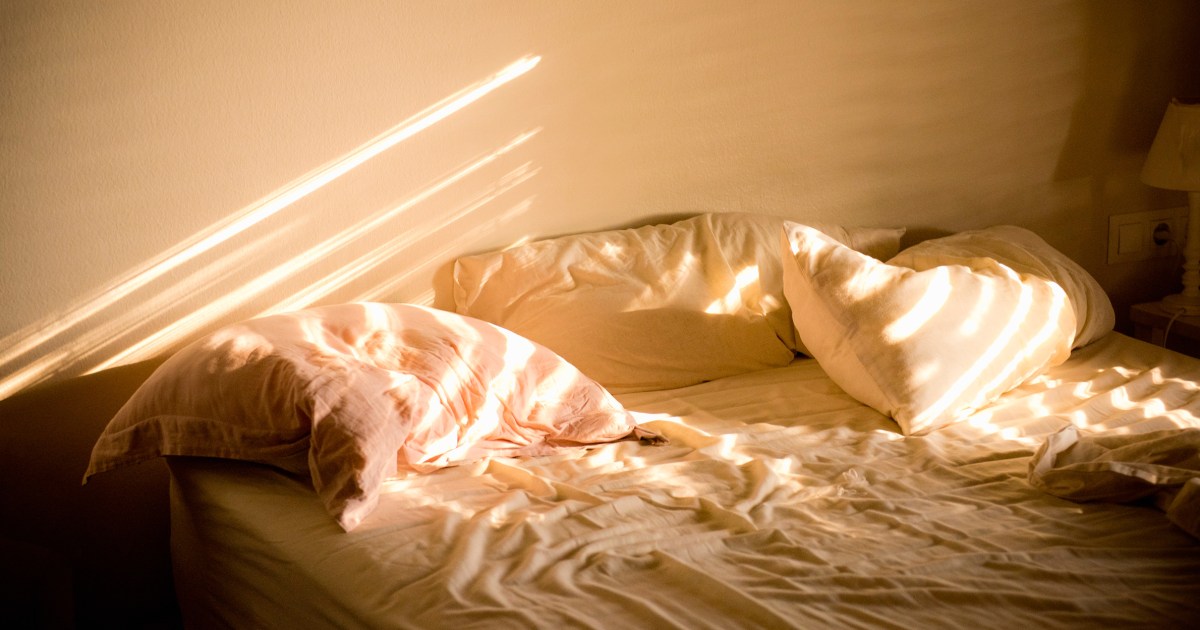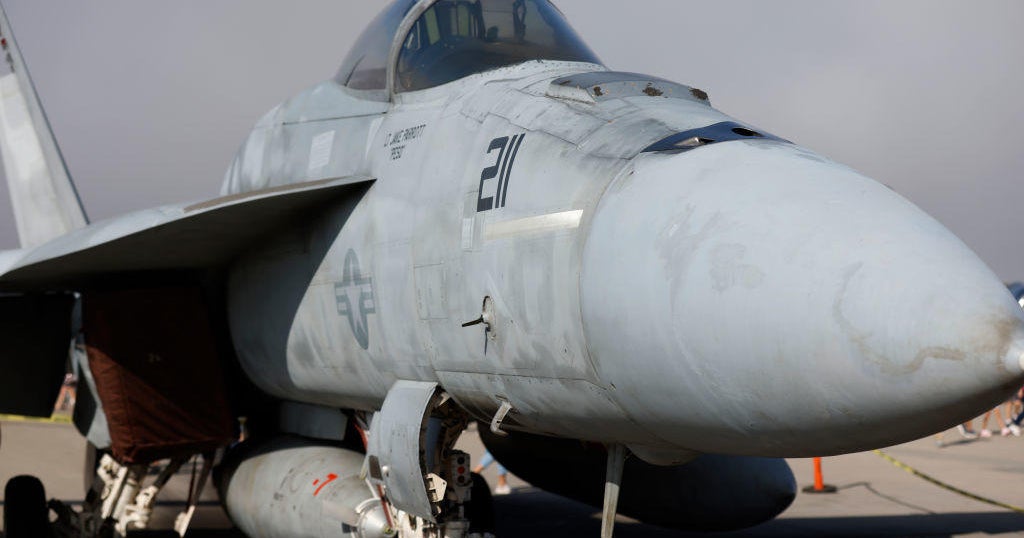World
Under Putin, a militarized new Russia rises to challenge U.S. and the West

MOSCOW — As Vladimir Putin persists in his bloody campaign to conquer Ukraine, the Russian leader is directing an equally momentous transformation at home — re-engineering his country into a regressive, militarized society that views the West as its mortal enemy.
Putin’s inauguration on Tuesday for a fifth term will not only mark his 25-year-long grip on power but also showcase Russia’s shift into what pro-Kremlin commentators call a “revolutionary power,” set on upending the global order, making its own rules, and demanding that totalitarian autocracy be respected as a legitimate alternative to democracy in a world redivided by big powers into spheres of influence.
About this series
“Russia, Remastered” examines how Vladimir Putin, stoking conflict with the West and risking a new world war, is harnessing his invasion of Ukraine to transform Russia and fulfill his revanchist vision of a restored superpower.
End of carousel
“Russians live in a wholly new reality,” Dmitri Trenin, a pro-Kremlin analyst, wrote in reply to questions about an essay in which he argued that Russia’s anti-Western shift was “more radical and far-reaching” than anything anticipated when Putin invaded Ukraine but also “a relatively minor element of the wider transformation which is going on in Russia’s economy, polity, society, culture, values, and spiritual and intellectual life.”
In “Russia, Remastered,” The Washington Post documents the historic scale of the changes Putin is carrying out and has accelerated with breathtaking speed during two years of brutal war even as tens of thousands of Russians have fled abroad. It is a crusade that gives Putin common cause with China’s Xi Jinping as well as some supporters of former president Donald Trump. And it raises the prospect of an enduring civilizational conflict to subvert Western democracy and — Putin has warned — even threatens a new world war.
To carry out this transformation, the Kremlin is:
- Forging an ultraconservative, puritanical society mobilized against liberal freedoms and especially hostile to gay and transgender people, in which family policy and social welfare spending boost traditional Orthodox values.
- Reshaping education at all levels to indoctrinate a new generation of turbo-patriot youth, with textbooks rewritten to reflect Kremlin propaganda, patriotic curriculums set by the state and, from September, compulsory military lessons taught by soldiers called “Basics of Security and Protection of the Motherland,” which will include training on handling Kalashnikov assault rifles, grenades and drones.
- Sterilizing cultural life with blacklists of liberal or antiwar performers, directors, writers and artists, and with new nationalistic mandates for museums and filmmakers.
- Mobilizing zealous pro-war activism under the brutal Z symbol, which was initially painted on the side of Russian tanks invading Ukraine but has since spread to government buildings, posters, schools and orchestrated demonstrations.
- Rolling back women’s rights with a torrent of propaganda about the need to give birth — young and often — and by curbing ease of access to abortions, and charging feminist activists and liberal female journalists with terrorism, extremism, discrediting the military and other offenses.
- Rewriting history to celebrate Joseph Stalin, the Soviet dictator who sent millions to the gulag, through at least 95 of the 110 monuments in Russia erected during Putin’s time as leader. Meanwhile, Memorial, a human rights group that exposed Stalin’s crimes and shared the 2022 Nobel Peace Prize, was shut down and its pacificist co-chairman Oleg Orlov, 71, jailed.
- Accusing scientists of treason; equating criticism of the war or of Putin with terrorism or extremism; and building a new, militarized elite of “warriors and workers” willing to take up arms, redraw international boundaries and violate global norms on orders of Russia’s strongman ruler.
“They’re trying to develop this scientific Putinism as a basis of propaganda, as a basis of ideology, as a basis of historical education,” said Andrei Kolesnikov, a senior fellow at the Carnegie Russia Eurasia Center. “They need an obedient new generation — indoctrinated robots in an ideological sense — supporting Putin, supporting his ideas, supporting this militarization of consciousness.”
Kolesnikov, speaking in an interview in Moscow, added: “They need cannon fodder for the future.”
Just before ordering what he believed would be a short, shock war on Ukraine, Putin published a little-noticed decree billed as vital to Russia’s national security. It called for urgent measures to protect “traditional Russian spiritual and moral values” and named the United States as a direct threat.
pull quote: “They need cannon fodder for the future”
“Threats to traditional values come from extremist and terrorist organizations, some news media and communication platforms, the actions of the United States and other unfriendly foreign states,” the order stated. A key goal, it said, was “to position the Russian state on the international stage as a custodian and defender of traditional universal spiritual and moral values.”
Putin’s descriptions of the West as “satanic” and the war as “sacred” are increasingly echoed by officials and the Russian Orthodox Church.
Map of Russia in the world
As he fractures global ties and girds his nation for a forever war with the West, riot police in Russia are raiding nightclubs and private parties, beating up guests and prosecuting gay bar owners. Russians have been jailed or fined for wearing rainbow earrings or displaying rainbow flags. Dissidents who were imprisoned in Soviet times are once again behind bars — this time for denouncing the war.
The Kremlin has defended the crackdown as responding to popular demand.
For this article, The Post submitted questions to the Kremlin spokesman, Dmitry Peskov, who responded to some but not all of the queries. The Post has also requested an interview with Putin. That request is pending.
How we reported ‘Russia, Remastered’
For this article, Moscow bureau chief Robyn Dixon reported from Moscow and from the broader capital region, as well as from St. Petersburg and the southwestern city of Samara. Photographer Nanna Heitmann reported from Moscow.
Reporting inside Russia is challenging, and it has grown more difficult since the invasion of Ukraine in February 2022. Journalists’ movements are often tracked, especially outside of Moscow.
For these reasons, The Post agreed to withhold the identities of some people interviewed who expressed concerns about their safety. For those reluctant to meet in person because of security concerns, we agreed to conduct interviews on encrypted internet platforms.
In addition, Post reporters conducted extensive interviews with Russians living in exile around the world.
Dixon, The Post’s Moscow bureau chief since November 2019, is on her third stint covering Russia, having had previous assignments with the Los Angeles Times and the Sydney Morning Herald and the Age dating back to 1993. She speaks Russian, French and English.
1/3
End of carousel
“If it is not accepted by the society then police have to take measures to bring it into balance with the demands of the society,” Peskov wrote in his reply. “Society is now less tolerant to those parties and nightclubs.”
Long obsessed with Russia’s population decline, Putin is urging Russian women to have eight or more babies, while also seizing chunks of Ukraine’s population by force. Russia has issued more than 3 million passports in eastern Ukraine since 2019, according to the Russian Interior Ministry.
In occupied Ukraine, it is virtually impossible to work, drive, or obtain health care, humanitarian aid, benefits or other services without having a Russian passport — a potential violation of the Geneva Conventions, which state that “it is forbidden to compel the inhabitants of occupied territory to swear allegiance to the hostile power.”
In Crimea, Russia issued more than 1.5 million passports after invading and illegally annexing the peninsula in 2014.
Putin’s rise
President Boris Yeltsin appoints Vladimir Putin as acting prime minister and says he wants Putin to succeed him. Putin says he will run in elections the following year.
Yeltsin unexpectedly resigns, making Putin president. Many officials expect him to uphold democracy and continue market reforms.
President George W. Bush says Americans can trust Putin. “I looked the man in the eye. I found him to be very straightforward and trustworthy,” Bush says at a news conference with Putin in Slovenia. “I was able to get a sense of his soul.”
Putin, courting the West, attends a royal banquet with Queen Elizabeth II.
After eight years in office, Putin circumvents constitutional term limits by trading jobs with Prime Minister Dmitry Medvedev, who becomes president while Putin remains Russia’s de facto supreme political leader — a swap known as the “tandem switch.”
Putin claims a fifth presidential term by declaring victory in an election widely derided as failing to meet democratic standards, with the media fully under his control and genuine opposition candidates barred from running.
1/6
End of carousel
In ambition and scale, Putin’s effort to mold a new national identity is “as profound as the Russian October Revolution,” a member of the Moscow elite with contacts in the Kremlin said, referring to 1917, when Vladimir Lenin’s Bolsheviks seized power. “He overturns all the values,” this person said. “He cuts all the usual ties.”
Like many people in this article, this person spoke on the condition of anonymity for fear of retribution from the Russian government, which has jailed and even killed its critics. Some of those interviewed for this article have received overt warnings, including bank account and asset freezes, and two have been jailed.
“They are trying to create some new form of ideology for the masses,” said Mikhail Zygar, a Russian journalist and writer now living in New York. “It’s not a war with Ukraine. It’s a war with America, a war with the West or with Satan, with all those forces of moral decay.” Putinism bears hallmarks of fascism, Zygar said. “He’s using the war and hatred as the instrument to brainwash the Russian people,” he said. “That’s everything we know about fascism.”
Charges and an arrest warrant for disseminating “fake news” were launched against Zygar after The Post interviewed him.
Origins of Putinism
Putin’s quest is not new, but Russia’s confrontation with the West over Ukraine has allowed him to accelerate his plan. The Russian leader, who inherited his post on Dec. 31, 1999, immediately began whittling back democratic institutions and approved a raid on NTV, the main independent television station, just weeks after winning his first election in March 2000.
During his first two decades of rule, Putin rode a crest of oil and gas prices, but he never had a mobilizing ideology to convince citizens that his path was better than the West’s democratic freedoms and greater economic wealth. His re-engineering of Russia is designed to provide that unifying philosophy. Its symbol — the letter Z painted roughly on invading tanks in 2022 — now adorns public buildings and banners.
Reaching beyond Russia

Putin’s visit to Kyiv to support pro-Kremlin presidential candidate Viktor Yanukovych backfires, setting the stage for the Orange Revolution, in which Ukrainian citizens protested election fraud and demanded a new election, which Putin’s man lost.
Mass protests, later known as the Maidan Revolution, erupt across Ukraine after President Viktor Yanukovych, under Kremlin pressure, refuses to sign political and economic accords with the European Union.

After his security forces open fire on protesters, killing more than 100, Yanukovych flees to Russia.
Russian soldiers in uniforms without insignia invade Crimea, which Russia annexes in violation of international law.
Russia undertakes an interference operation in the U.S. presidential election to help Donald Trump, in part using troll farms controlled by Yevgeniy Prigozhin, a businessman known as “Putin’s chef.”
Putin meets with French President Emmanuel Macron, German Chancellor Angela Merkel and Ukrainian President Volodymyr Zelensky in a failed effort to settle disagreements on Russian-controlled territories in eastern Ukraine.
Putin, joined by Russian-installed leaders of occupied territories, declares the illegal annexation of four more Ukrainian regions.
Putin says in an interview that he “doesn’t trust” the West, laments Finland and Sweden joining NATO and says Russia is prepared to use nuclear weapons if its existence is threatened.
1/8
End of carousel
Invading Ukraine was the most destructive step in Putin’s longer, grander plan to restore Russia’s greatness as the superpower it was during Soviet times and as an empire for 200 years before that. But his transformation of Russia started well before the invasion of Ukraine, using homophobia and so-called traditional values to disrupt Western societies and court support in the Global South. He also projected military power by invading Georgia in 2008 and sending Russian troops to Syria and Africa.
In Russia, the death in February of Putin’s strongest rival, Alexei Navalny, was a clear signpost on this new path. Putin shrugged off Navalny’s death, showing no sympathy, let alone remorse. “It happens,” he said, endorsing the official finding that Navalny died of natural causes. Navalny’s widow, Yulia Navalnaya, has accused Putin of having him killed.
Putin “decides everything,” the member of the Russian elite said, and while his new term runs until 2030, he is widely expected to stay in power as long as he chooses.

In a State of the Nation speech in February, Putin described his push for women to have more children and to create a new elite of workers and soldiers.
“We can see what is taking place in some countries where moral standards and the family are being deliberately destroyed and entire nations are pushed to extinction and decadence,” he said. “We have chosen life. Russia has been and remains a stronghold of the traditional values on which human civilization stands.”
Proclaiming a new “time of heroes,” Putin said the old oligarchic elite was “discredited.”
“Those who have done nothing for society and consider themselves a caste endowed with special rights and privileges — especially those who took advantage of all kinds of economic processes in the 1990s to line their pockets — are definitely not the elite,” he said. “Those who serve Russia, hard workers and military, reliable, trustworthy people who have proven their loyalty,” he added, “are the genuine elite.”
Peskov, the Kremlin spokesman, in written replies to questions from The Post, said the aim was to “encourage our people to give birth to as many children as they can,” to increase Russia’s population.
“And in this context, spreading of traditional values is extremely important for us and in this context we have nothing in common with this extremist liberalism in terms of abandoning traditional human and religious values that we’re witnessing right now in European countries. This does not correspond with our understanding of what is right,” he added.
Peskov said the Kremlin would “continue to make propaganda out of this, in the good sense of this word,” adding: “Especially now when we have an extreme consolidation of our society around this idea of traditional values and around the president so it’s easier for us to do that.”
Russia remastered
At a meeting in January, Putin stood stiffly with a group of families clad in bright national costumes. It was latest iteration of his image, long shaped by staged activities like riding bare-chested on horseback. Now, extolling traditional values, he is the grandfatherly patriarch, recalling portraits of Stalin with folk from across the Soviet Union.
“In Russian families, many of our grandmothers and great-grandmothers had seven or eight children, and even more. Let’s preserve and revive these wonderful traditions,” Putin said in a November speech dedicated to “a thousand-year, eternal Russia.”
The emphasis is on a special and powerful state dominated by Putin, on centuries-old Russian self-reliance and stoicism, and the sacrifice of individual rights to the regime. Men give their lives in war or work. Women should give their bodies by birthing children.
Putin’s worldview draws from 9th-century Vikings, ancient princes and expansionist czars, but its lodestone is World War II, or the Great Patriotic War, in which Russia helped defeat Nazi Germany. Russian pride in that victory, central to its national identity, is woven into Putin’s mythology about the Soviet Union.
Stalin, who oversaw the deaths of millions in famines, purges and the gulag, has been promoted as a strong wartime leader, with 63 percent of Russians expressing a positive view of him in a 2023 survey by the Levada Center polling agency, and 47 percent expressing respect for him.
Putin’s admiration for him goes back decades. In 2002, when Polish President Aleksander Kwasniewski met the Russian leader for nearly five hours one-on-one, Putin professed strong admiration for three leaders — Peter the Great, Catherine the Great and Stalin — and a desire to rebuild “Great Russia.”
“My impression was I see a man who was formed by the KGB: KGB education, KGB school books and the books about history, absolutely falsified,” Kwasniewski told Zygar, the Russian journalist, in 2022, “but very much in favor of this understanding of Great Russia and Russian pride.”
Projecting force
Armed terrorists take more than 1,100 hostages at a school in Beslan in southern Russia. Security forces storm in, killing at least 334 people, mainly children.
Russia invades Georgia, gaining full control of the Abkhazia and South Ossetia regions.
Russian soldiers in uniforms without insignia invade Crimea, which Russia annexes in violation of international law.
Russia foments armed separatist uprisings in eastern Ukraine, backed by Russian forces and security agents.
A brutally successful Russian military operation in Syria helps preserve the regime of longtime dictator Bashar al-Assad and restores Moscow as a power-player in global affairs rivaling Washington.
Russian begins full-scale war against Ukraine, striking targets across the country with missiles and launching ground operations.
Putin tours nuclear weapons sites. The Russian leader and other top officials have warned the West repeatedly that Russia would use a nuclear weapons if its statehood is threatened.
1/7
End of carousel
Putin has long obsessed over the idea of a civilizational battle against the West, distorting history to claim that Russia is merely retaking its “historical lands” in Ukraine.
Putin’s first prime minister, Mikhail Kasyanov, said he and other 1990s reformers assumed that, like them, Putin had embraced democracy and market reform. “But he didn’t,” Kasyanov said. “He pretended.” Kasyanov said he was horrified by Putin’s approach to two hostage crises in 2002 and 2004 — ordering forces to storm in, causing hundreds of deaths.
“That was already a demonstration of his real nature, his KGB nature: no negotiations, no compromise, because they can’t come to a compromise because of the belief they will be seen as weak people,” he said. By 2004, Kasyanov was in opposition. “I understood that he’s completely the wrong person,” he said.

Putin’s first attempt to dominate Ukraine in 2004 — visiting Kyiv to back pro-Kremlin presidential candidate Viktor Yanukovych — backfired and set the scene for the Orange Revolution and a rematch election, which Putin’s man lost. Putin saw it as a “coup” and Western support for the winner, Viktor Yushchenko, as interference. It was the start of Putin’s fixation on the “Ukrainian problem” and his belief that an independent, democratic neighbor was an unacceptable threat to his own regime.
Abbas Gallyamov, a Putin speechwriter from 2008 to 2010 and Kremlin political consultant until 2018, said Putin invaded Crimea in 2014 and conducted a full-scale military attack on Ukraine in 2022 partly to reverse declines in his approval rating. After voicing frank criticisms of Putin’s decisions, Gallyamov said, Kremlin managers threatened to cut him off. “After this I received threats,” he said. “You’ll starve. You’ll get no contracts.”
He moved to Israel with his family. Last year, he was put on Russia’s wanted list, according to an Interior Ministry database, and the Russian Justice Ministry declared him a “foreign agent.” An arrest warrant was issued March 4.
In Russia, schoolteachers are used to indoctrinate children and even to police their parents’ views.
Spending on patriotic education and state-run militarized organizations for children and teens increased to more than $500 million in 2024 from about $34 million in 2021, according to federal budget statistics reported by RBC, a Russian business daily.
Starting in September, all schoolchildren will get military training from soldiers who fought in Ukraine; since last year, university students take a compulsory course in patriotism that conveys distorted history and the idea that Russia has no borders when it comes to Russian-speaking “compatriots.”
Students of all ages are inundated with pro-war activities, including talks from war veterans clad in camouflage and black balaclavas. In Novosibirsk, children made drones for the front and in Mamadysh in Tatarstan, they produced drone tail fins. Others have made crutches for wounded soldiers or knitted stockings for the stumps of military amputees.
Superstitious conspiracy theories are taking hold, with science in retreat. More than a dozen Russian scientists have been accused of treason, thousands have fled the country, and publication of Russian scientific papers plummeted by more than 14 percent in 2022 amid Russia’s isolation after the Ukraine invasion, according to Scopus, a major independent database of peer-reviewed research papers.
Putin anoints heroes whose deeds most shock the West. He honored troops whom Ukraine accused of carrying out atrocities in Bucha in 2022; promoted a top Russian prison official days after Navalny’s death; and paid tribute to his children’s rights commissioner, Maria Lvova-Belova, who, along with Putin, has been charged by the International Criminal Court with war crimes for the “unlawful transfer” and “unlawful deportation” of Ukrainian children. The Kremlin rejects the charges.
Russia’s elite, meanwhile, has hardened against the West, according to one billionaire living outside Russia.
“Everyone is very anti-West; that’s all you hear,” the billionaire said. “Anti-West, anti-West, anti-West. And it will increase, the longer this war goes on — and it could go on for 10 years or more.”

As Putin rails against liberal decadence and permissiveness to rally the nation behind him, Russian patriots exult at his promise of a new elite. Yekaterina Kolotovkina, the wife of Lt. Gen. Andrei Kolotovkin, commander of the 2nd Guards Combined Arms Army, of Samara, developed a project called “Wives of Heroes,” now touring the country, with patriotic portraits of soldiers’ wives draped in their husbands’ uniforms.
At the Samara House of Officers, she runs a group of women pensioners who cut and fold bandages for the war. The storeroom is crammed with goods to be sent to the front: children’s drawings, trench candles, and comfort packages of dry crackers, sweets and homemade good-luck charms.
“The people who are coming back from the special military operation absolutely must be created as this new elite,” Kolotovkina said in an interview. “These are people who proved their love of Russia. They are true patriots. They have to be given decent jobs in state institutions.”
She blames the West for sending its “filth” to Russia, and for promoting LGBTQ+ people.
“The new Russia is all about family values, Mama and Papa,” she said. “Our children should be healthy and patriotic. It will be a strong, patriotic society. We will get rid of all those who started to destroy our country. I think the new Russia will have no place for these people.”
‘Scum and traitors’
Along with its elevation of new heroes, Putin’s push to remake Russia is marked by the persecution of thousands of those he calls “scum and traitors” — enemies of the state. More than 116,000 Russians were tried under repressive criminal or administrative articles during Putin’s most recent term, the highest since Stalinist times, according to a study by Proekt, an investigative Russian news outlet.
Among them is Boris Kagarlitsky, a leftist sociologist who was jailed in 1982 as a Soviet dissident his early 20s.
Now 65, Kagarlitsky was arrested again in July by the Federal Security Service for promoting “terrorism,” handcuffed and forced into an SUV by armed guards in black balaclavas, then driven 17 hours to Syktyvkar in northern Russia, where he faced court.
“Kafka,” he said simply. “Everyone understood the absurdity.” He was fined and freed in December, then jailed again in February, after the prosecutor appealed. His days operating a YouTube channel out of a studio in a dim Moscow basement are finished. In an interview over lunch before he was sent back to prison, The Post asked why he did not leave Russia. He shrugged and smiled. Jail, he said, was “a professional hazard.”

Kagarlitsky said Putin’s effort to re-engineer Russia is a desperate — and doomed — throw of the dice, disconnected from reality. “It’s not only out of step with ordinary Russians. It’s out of step with the elite itself,” he said, before rushing off to feed his cat.
The regime is also striving to discredit Putin critics outside Russia, including a beloved detective novelist, London-based Grigory Chkhartishvili, better known by his pen name, Boris Akunin, who was charged with “disseminating false information about the Russian military” and with “justifying terrorism” for opposing the war in Ukraine.
Russian stores banned his books, his royalties were seized and he was issued an arrest warrant in absentia. According to Chkhartishvili, Putin is implementing “Orthodox sharia” using xenophobic, bigoted, paranoid, misogynistic “and inevitably antisemitic” clichés to mobilize Russians. “Moscow must become a mecca of morons,” he said. “That’s the plan.”
Many of those interviewed for this article have fled Russia or were later jailed, including an eccentric YouTuber, Askhabali Alibekov, who calls himself the “Wild Paratrooper.” Alibekov, of Novorossiysk in southern Russia, has been jailed three times for criticizing Putin and the war. He was on the run when he spoke to The Post in December.
He grew up in an orphanage, earning the nickname “Little Wolf,” fighting bullies, always keen to have the last punch. But struggling against Putin, he said he felt “total impotence, powerlessness, helplessness.”
“The country is turning into an absolutely totalitarian state. There is complete lawlessness,” Alibekov said. “There is no democracy. There are rich people and slaves, that’s all.” On Feb. 20, police dragged him off a train, and he was detained, awaiting trial for allegedly assaulting police.
Russia’s Interior Ministry did not respond to an inquiry about the charges against Gallyamov or the cases against Zygar, Akunin and Alibekov.
The shock value in Russia’s hunt for enemies is enough to quell most dissent. In January, Yevgenia Maiboroda, 72, a lonely, deeply religious pensioner, was charged with extremism and jailed for 5½ years for two antiwar social media posts. And in February, a Nizhny Novgorod woman, Anastasia Yershova, was jailed for five days for displaying “extremist symbols” — earrings with a frog and a rainbow — which a court found to be pro-LGBTQ+.
A dystopian edge
In a shared wagon on a long-distance night train, a mother from a southern Russian city confided her worries about her children and their futures.
Her family loves to vacation in Italy, Spain, Egypt and Turkey. She showed off photos and videos of beach holidays and a New Year’s party in Sharm el-Sheikh, Egypt, packed with Russians, all of whom, she said, wished for the war to end.
Her daughter, 15, feels drawn to Europe and wants to be a journalist. Her son, 10, loves gaming. Both are addicted to their iPhones and iPads. Like their friends, they use virtual private networks (VPNs) to view banned sites such as Instagram.
Russian authorities are ramping up technology to curtail dissent. Officials have flagged a ban on VPNs, and analysts see a ban on YouTube as inevitable.
There’s a dystopian edge to the new Russia. Peace activists, young and old, are behind bars, while convicted murderers, rapists and other violent criminals have been set free — pardoned by Putin to fight in Ukraine. Some are returning from war and committing horrific crimes.
Crushing dissent

Russian authorities raid NTV, the country’s only independent national television station, and arrest its owner, Vladimir Gusinsky, who is forced to sell the channel to Gazprom, the state-controlled energy giant.

Yukos oil tycoon Mikhail Khodorkovsky is jailed after suggesting he might run for president — a warning from Putin to all of Russia’s oligarchs.

Anna Politkovskaya, a journalist who exposed abuses by authorities in Chechnya, is fatally shot in her Moscow apartment building.

Russia adopts a law requiring groups that receive outside financing to register as “foreign agents.”

Russian opposition leader Alexei Navalny, Putin’s most formidable political rival, is poisoned with a nerve agent.
Navalny is arrested on his return to Russia after recovering in Germany.

Memorial, a human rights organization that uncovered crimes against humanity by Soviet leader Joseph Stalin, is accused of violating the foreign agent law and shut down.
Russia’s Supreme Court bans the “international LGBT public movement” as an extremist organization, capping years of tightening repression such as laws prohibiting gay “propaganda,” which spurred sporadic protests, including this one in 2022 in St. Petersburg.
Navalny dies unexpectedly in the “Polar Wolf” prison. Russia authorities cite “natural causes.” Navalny’s family says he was murdered.
1/10
End of carousel
Many liberals, including Kagarlitsky and Gallyamov, doubt that Putin and his hard-liners can succeed. “Societies never get de-modernized,” Kagarlitsky said.
Gallyamov said that many Russians are “really afraid” and will eventually repudiate Putin’s rule, just as Germany rejected the Nazis.
“The general Russian population is tired of his militarism, of the war, of this patriotic, anti-Western hysteria,” Gallyamov said. “They drastically want just normalization.”
Perhaps the fatigue is murmured too softly for the Kremlin to hear. On the overnight train, the woman was careful to steer clear of politics, a subject she dreads. And yet her despair spilled out.
“I just wish there was an end to these troubled times,” she said, in a low, bitter voice.
About this story
Reporting by Robyn Dixon. Natalia Abbakumova in Riga, Latvia, contributed to this report. Photography by Nanna Heitmann. Graphics reporting by Júlia Ledur.
Editing by David M. Herszenhorn and Wendy Galietta. Additional editing by Vanessa Larson. Design and development by Yutao Chen and Anna Lefkowitz. Design editing by Christine Ashack. Photo editing by Olivier Laurent. Video editing by Jon Gerberg. Graphics editing by Samuel Granados.
Additional support from Matt Clough, Kenneth Dickerman, Jordan Melendrez and Joe Snell.

